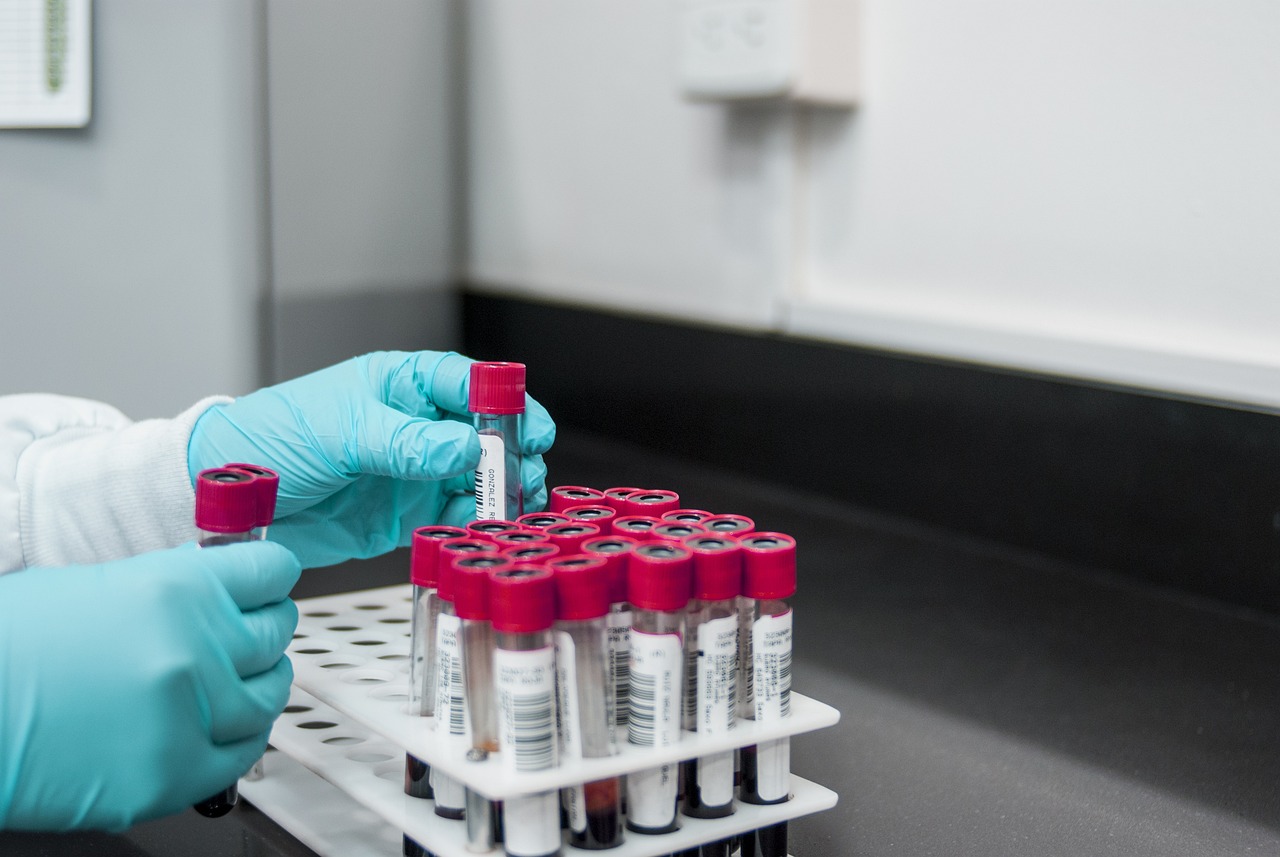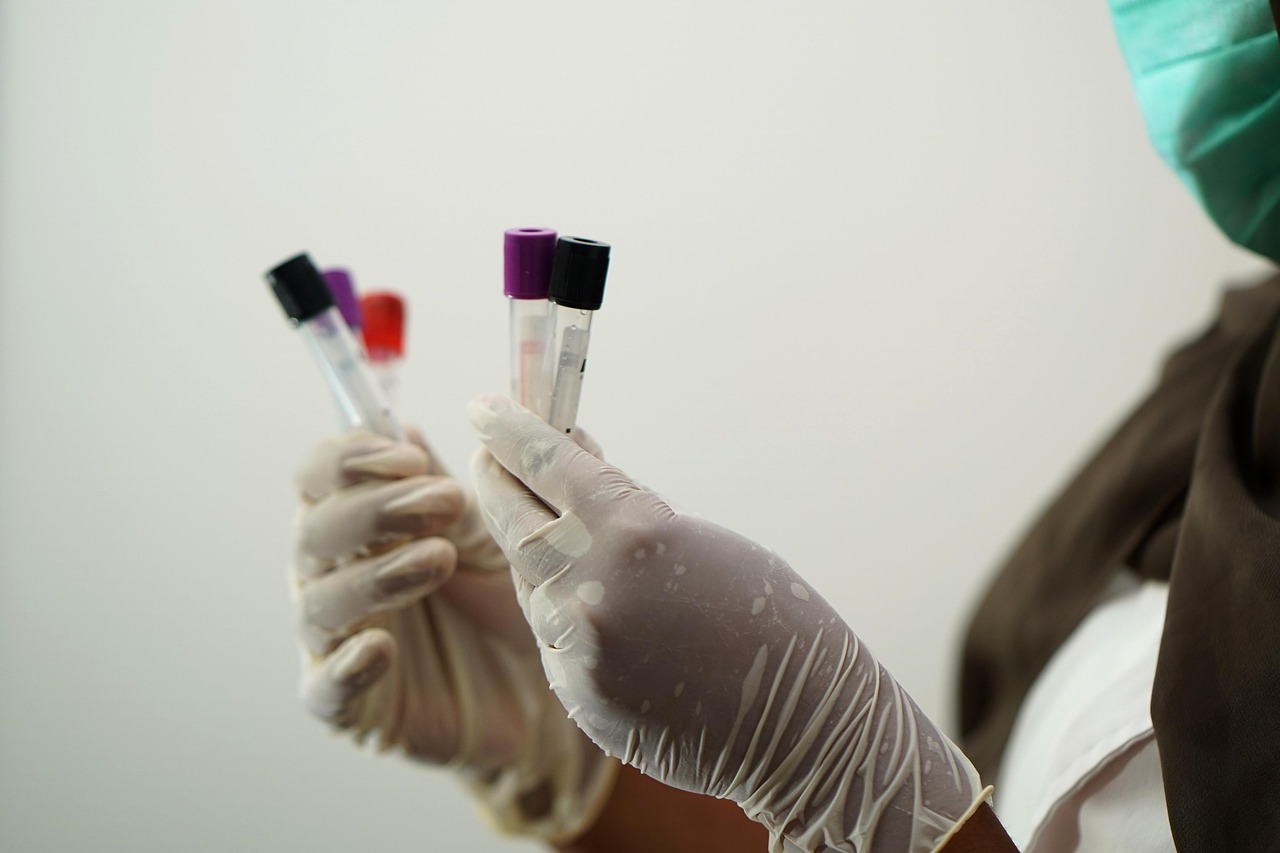Common laboratory tests include blood tests for CBC, malaria smears, HIV rapid tests, and urine analysis. Other common tests include blood sugar tests, lipid profiles, and tests for sexually transmitted infections.
Blood Tests
- Complete Blood Count (CBC): A standard test to evaluate blood cells (red, white, and platelets).
- Blood Glucose Test: Measures blood sugar levels, often used for diagnosing and managing diabetes.
- Lipid Panel (Cholesterol Test): Measures cholesterol and fat levels in the blood, essential for assessing cardiovascular risk.
- Urinalysis: An initial screening tool to analyze urine samples for abnormalities, such as those indicating infection or kidney problems.
- Malaria Smear: Used to detect malaria parasites in a blood sample.
- HIV Rapid Test: Used for the rapid detection of HIV antibodies in blood or serum.
- Liver Function Tests (LFTs): Assesses liver function by measuring certain chemicals in the blood.
- Stool Microscopy: A basic test to check for parasites, bacteria, or other abnormalities in stool samples.
- Rapid Diagnostic Tests (RDTs): Used to quickly detect infectious diseases, including malaria, HIV, and others.
- Urinalysis: A standard test used to analyze the appearance, concentration, and content of urine.
- Pap Smear: A screening test for cervical cancer.


Specific Tests for Certain Conditions
- Basic Metabolic Panel (BMP): Measures electrolytes, kidney function, and blood sugar levels.
- Comprehensive Metabolic Panel (CMP): A more extensive panel that includes BMP, and measures liver function as well.
- Thyroid Function Tests: Evaluate thyroid hormone levels to diagnose thyroid disorders.
